About the Course
Course Description
General principles of organization and management of health programs and health agencies; relationships of participant’s institution to the other agencies in the National Health Plan. Operation of participant’s institution, his own and other’s role within it. Utilization of these principles in educational change.
Credit Units: 2 unitsDay and Time: Wednesday | 1-3 pm
Content“Ours has become, for better or for worse, a society of organizations. We are born in organizations, and are educated in organizations, so that we can later work in organizations. Organizations supply us and exploit us, they nurture us and torment us. But most of us must resign ourselves to spending a great deal of our public and private lives dealing with them. We all need to understand them better.” (Mintzberg)
In this course, students will look into their own organizations within the perspective of understanding how it works and how it can be managed more effectively.

 Reading Materials
Reading Materials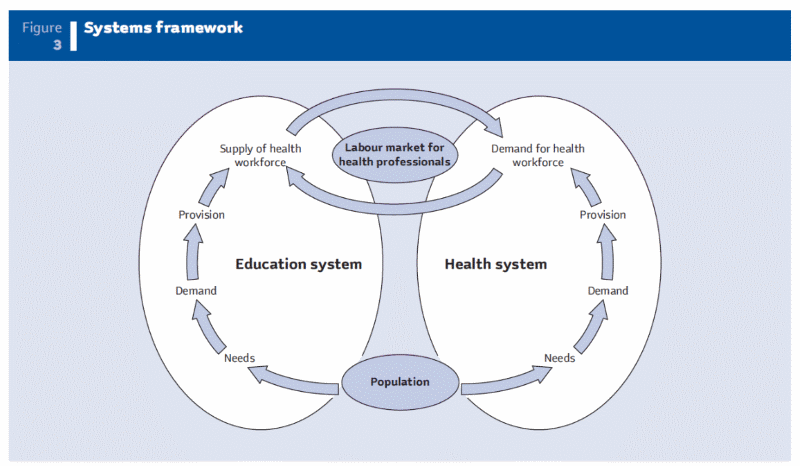
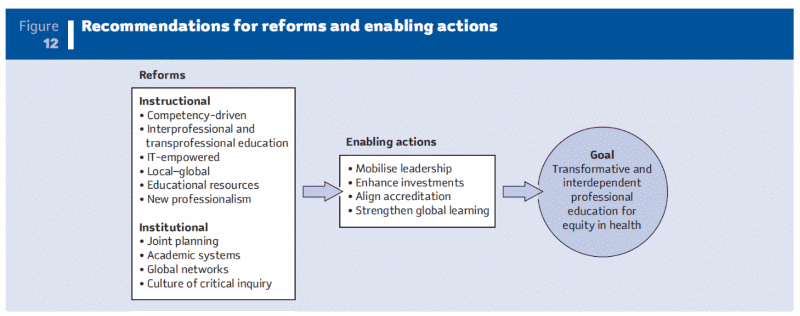
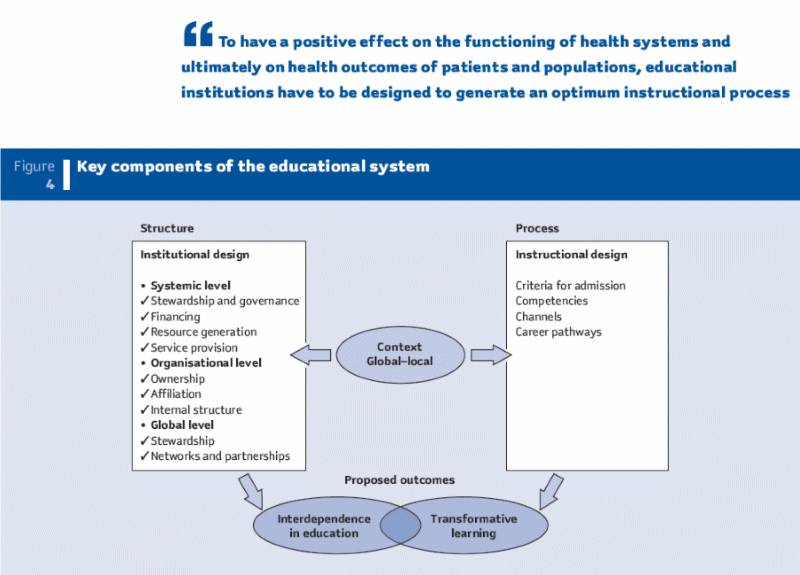
 Reading Materials
Reading Materials Individual Assignment
Individual Assignment

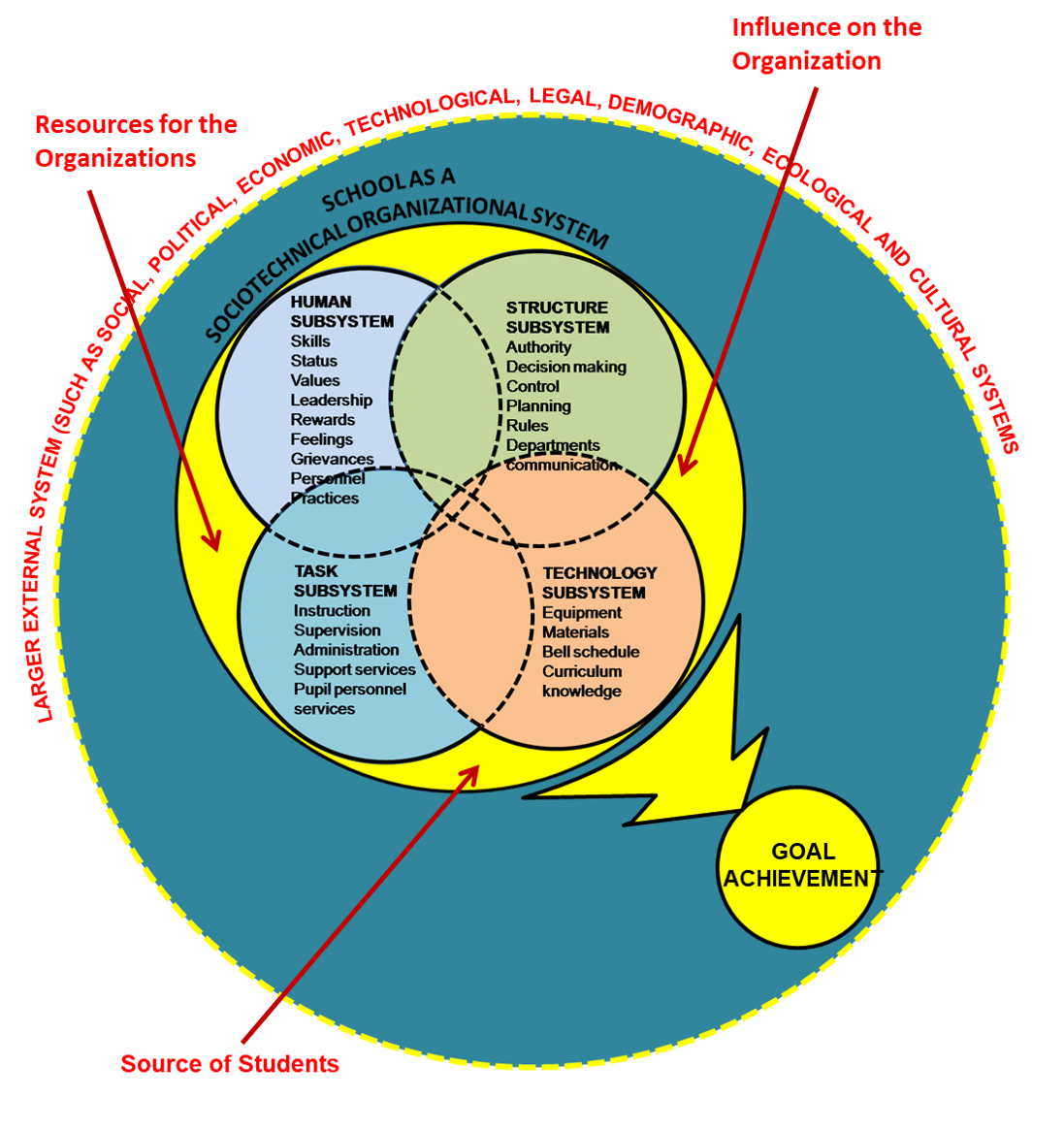
 Individual Assignment
Individual Assignment Reading Materials
Reading Materials


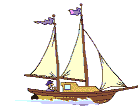 I can't change the direction of the wind, but I can adjust my sails to always reach my destination.
I can't change the direction of the wind, but I can adjust my sails to always reach my destination. 

